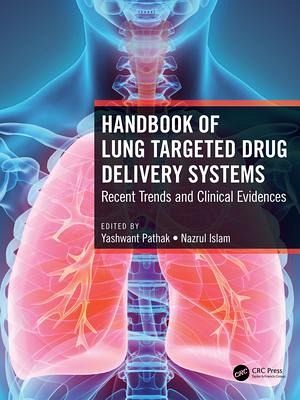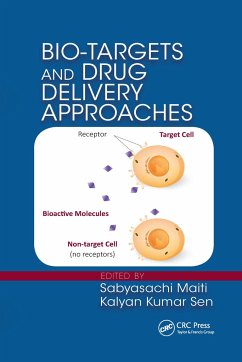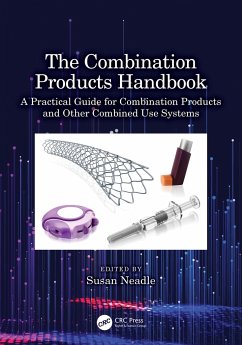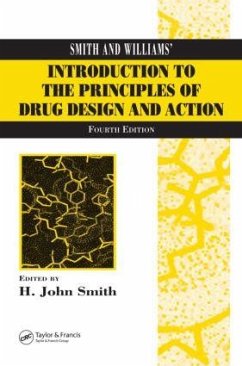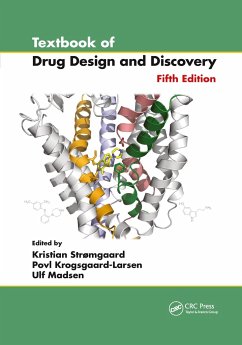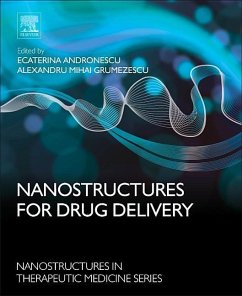Dr Yashwant Pathak completed a PhD in Pharmaceutical Technology at Nagpur University, India and EMBA & MS in Conflict Management from Sullivan University. He is Professor and Associate Dean for Faculty Affairs at College of Pharmacy, University of South Florida. Tampa, Florida. With extensive experience in academia as well as industry, he has more than 100 publications and 2 patent and 2 patent application, 20 edited books published, including 7 books in Nanotechnology and 6 in Nutraceuticals and drug delivery systems. Dr Yashwant Pathak is also a Professor of Global health with College of Public health at USF, and recently his student completed PhD in Global health on Homeopathy medicine and its efficacy, a survey of 1274 patients in Pune in India. Dr. Nazrul Islam completed his PhD at Monash University (Australia), focusing on the development of dry powder inhaler (DPI) formulation for deep lung delivery of drugs. He worked at Mayne Pharma (Australia) as a formulation scientist. Currently, he is working in the Pharmacy Discipline at the Faculty of Health, Queensland University of Technology (QUT), Australia. As a senior lecturer, he is engaged in teaching and research in drug delivery. Dr. Islam has made key contributions to understanding the mechanism of micronized drug dispersion from dry powder agglomerates, which stipulate the formulation strategies to increase drug delivery efficiency from the formulations. He has published more than 50 research articles and 2 book chapters. He is a member of the American Association for the Pharmaceutical Scientist (AAPS) and the Australian Pharmaceutical Science Association (APSA). His key research areas are pulmonary drug delivery, nanotechnology, biodegradable polymer nanoparticles, DPI formulation, aerosol delivery, drug formulation and delivery, and stability studies of drug and drug products.
